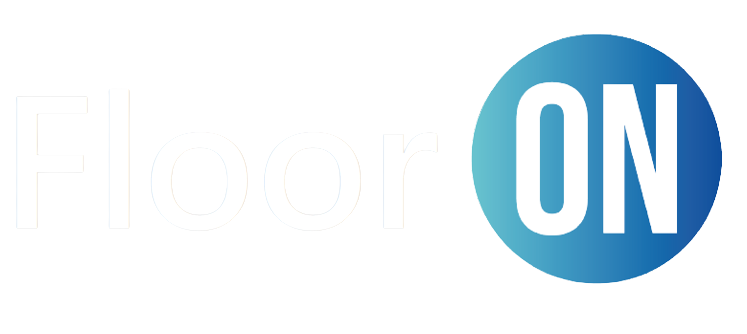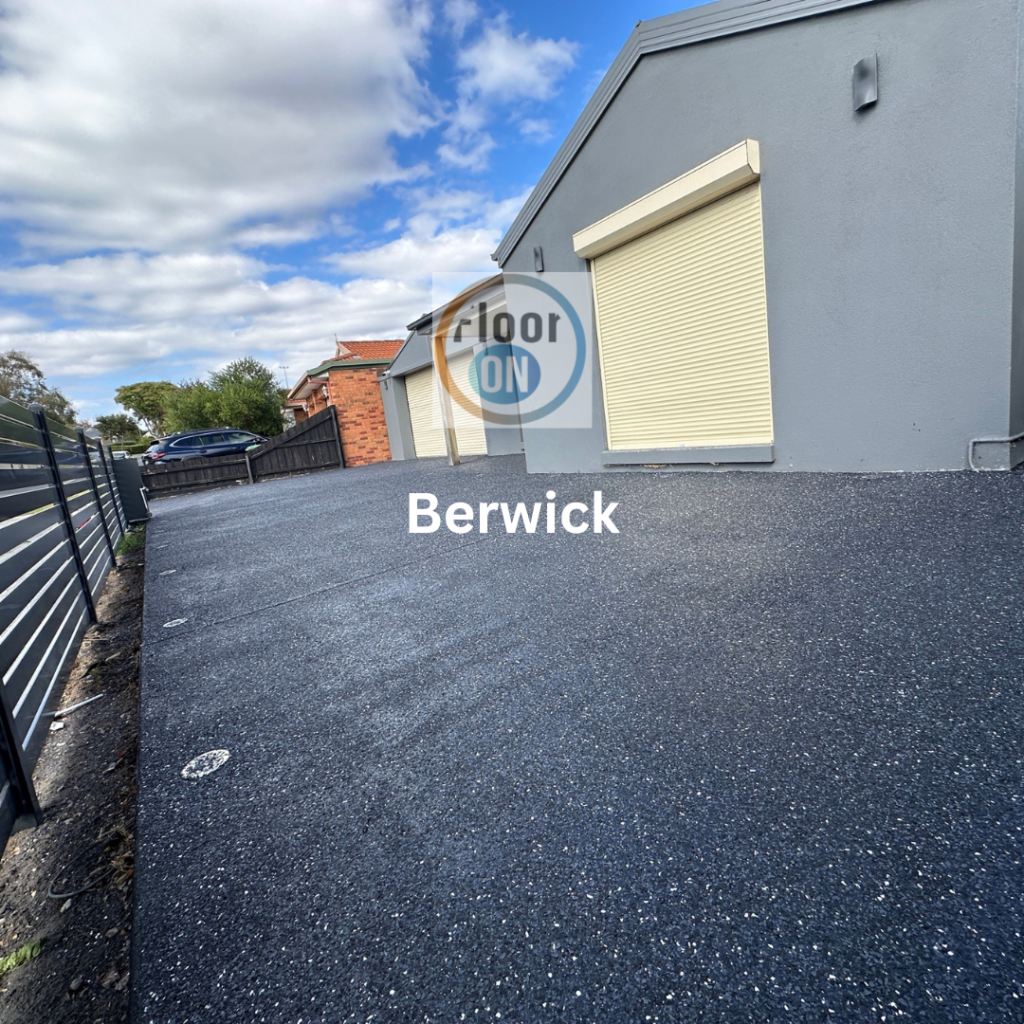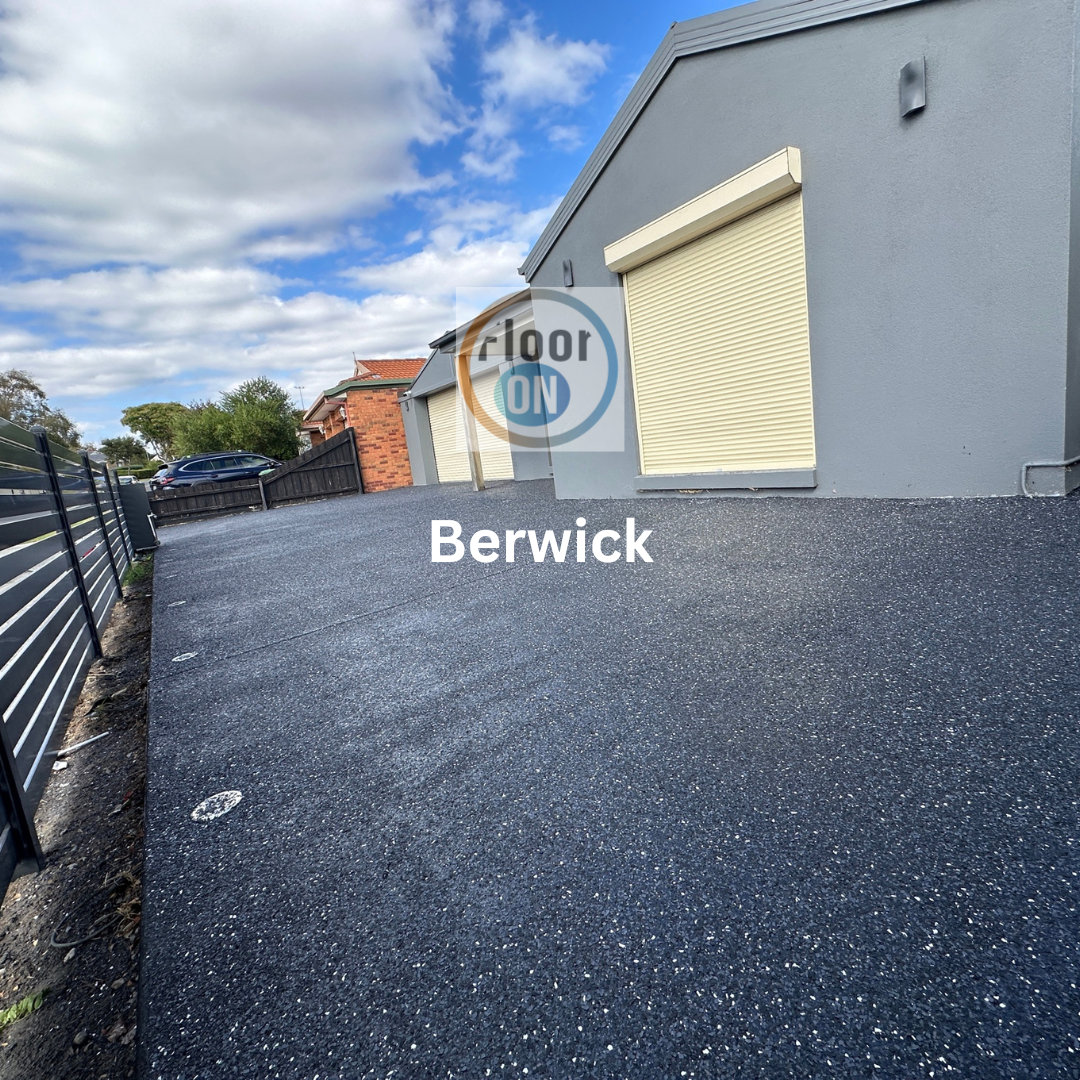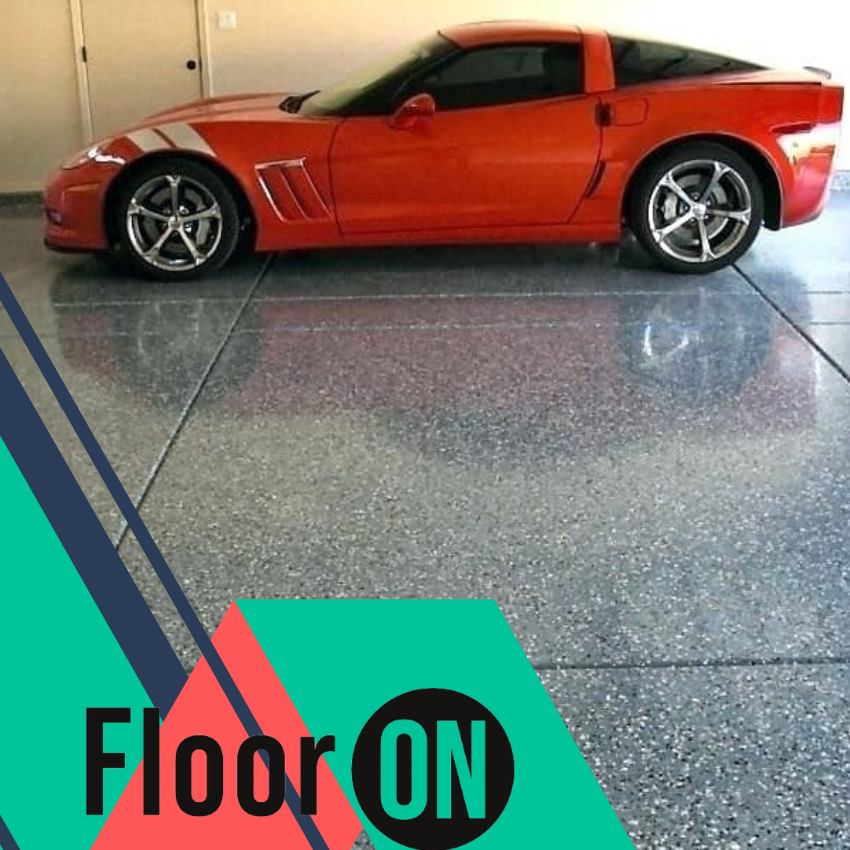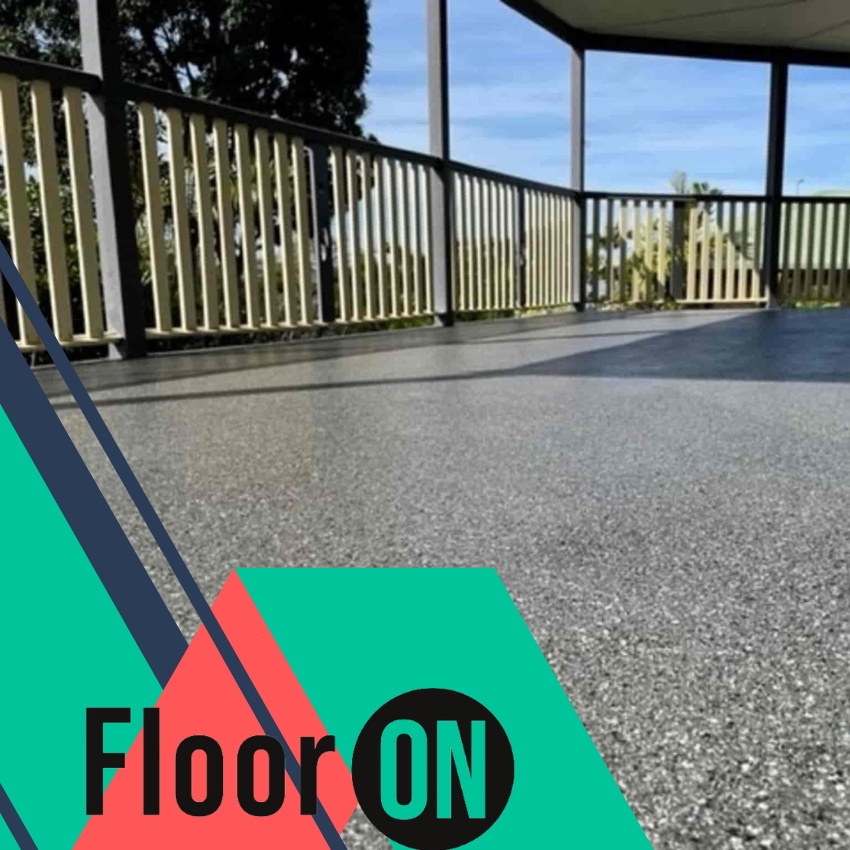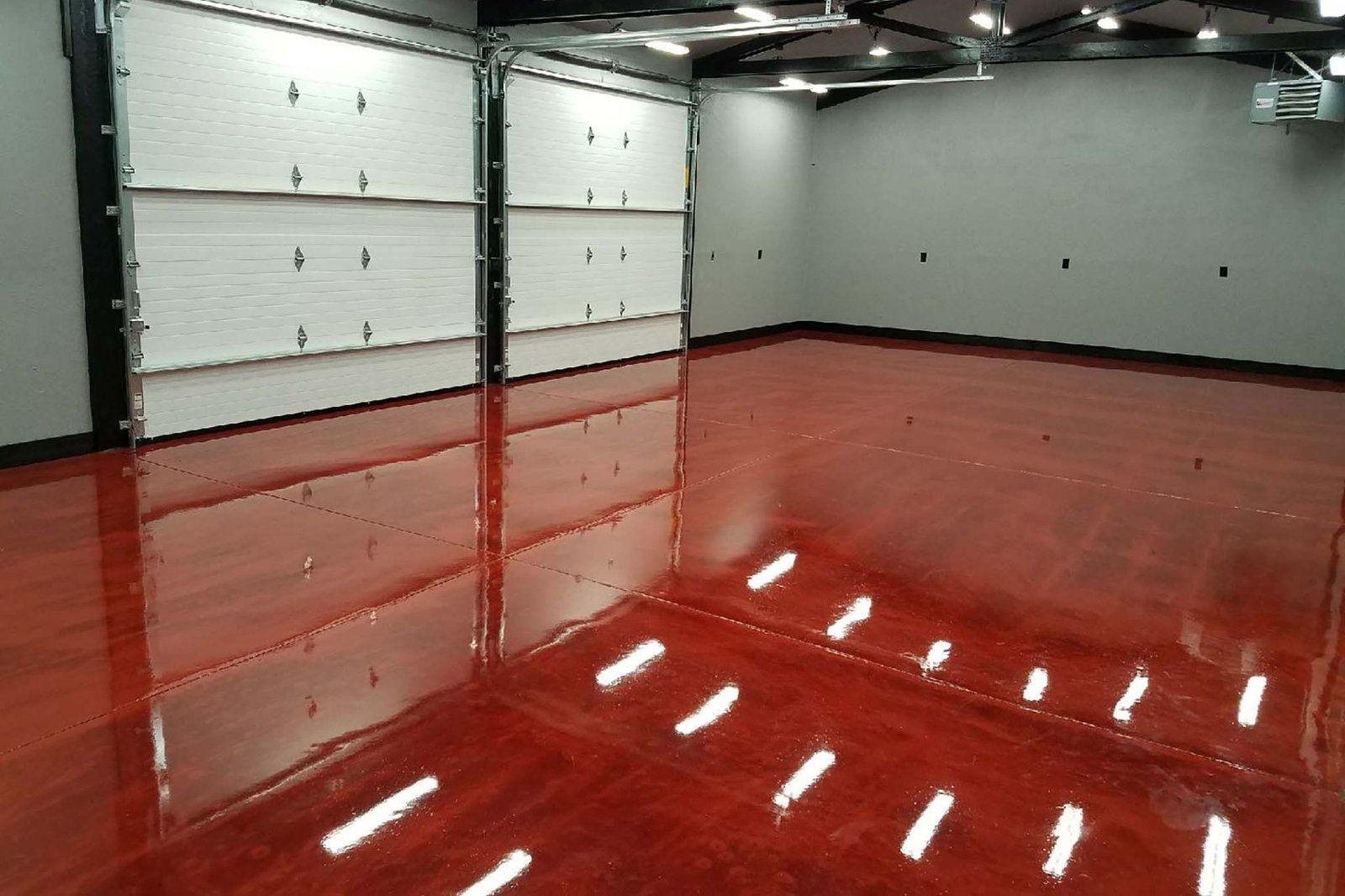How much does epoxy cost in Melbourne?
Melbourne residents often opt for epoxy flooring when seeking a blend of style and resilience for their spaces. Cost considerations play a significant role in this choice, with prices influenced by several factors. The expense hinges on the project size, quality of materials used, seasonal trends affecting labor costs, and whether one opts for professional application or takes on the DIY route.
While material costs provide baseline expenses, value over time due to durability becomes vital in assessing overall investment worthiness. If an owner has commercial aspirations that require sturdy finishes can foresee different cost implications compared to residential projects.
Epoxy Flooring Cost Factors
Considering the longevity and resilience required for flooring applications, epoxy emerges as an eminent choice. In Melbourne, where both style and substance are key in residential homes or bustling commercial spaces like kitchens or storehouses, understanding cost factors is paramount. The area to be covered plays a pivotal role; larger expanses entail higher expenses due to more material outlay.
A two-car garage may range from $1,800 up to $3,000 whereas smaller single car options fluctuate between $1300 and $2,500. The condition of pre-existing concrete also impacts costs. Surfaces replete with cracks or requiring extensive preparation inevitably inflate prices compared to well-maintained bases that necessitate minimal intervention before application.
Types of epoxy coatings present another variable. Water-based solutions offer lower VOCs at reduced durability versus their solvent counterparts which boast better endurance with environmental trade-offs. A notch above sits polyaspartic top coat, providing optimal strength devoid of volatile substances.
An investment reflecting its superior quality by costing roughly 20-30% more than residential-grade alternatives. While professional installation ensures top-tier results with high-caliber materials and specialized equipment, the cost implications can’t be ignored. The labor component, accounting for over half the project expense, compels some to consider DIY approaches, which are challenging.
Comparing Melbourne Epoxy Prices
In the sea of flooring options, Melbourne’s epoxy prices stand out for their unique blend of tenacity and appeal. A concoction marrying resin with hardener.
Yields a surface unyielding to wear and chemicals. Its robust adhesion suits bustling locales remarkably well. Homeowners inclined towards this durable choice find themselves rewarded not only in function but also flair; from sheen-laden glosses to understated mattes, personalization is at one’s fingertips through an array of colors and patterns that conform seamlessly to individual taste or corporate branding motifs.
Commercial entities too relish in epoxy’s practicality. The negligible upkeep proves cost-effective over time. Indeed, long-term savings accrue as these floors demand mere routine cleanings versus intensive care associated with other materials.
DIY vs Professional Epoxy Application
Deciding between DIY and professional epoxy application hinges on expertise, time, and cost. Applying epoxy yourself might seem less costly at first glance; you’d only buy materials around $30-$40 per square meter for a basic coating. But the tools necessary add up.
And require skill to use correctly. Professionals charge an additional $50-$90 per square metre including material costs.
Their experience often ensures a high-quality finish that’s both durable and aesthetically pleasing. Especially with metallic designs ranging from $60 to over $100 per meter metre installed by pros can offer better value than attempting it alone without proper know-how. Maintenance-wise, professionally applied floors promise longevity against scuffs or spills.
With minimal upkeep needed compared to other flooring types such as hardwood which demands regular refinishing efforts. An aspect definitely worth considering in your budget planning.
Material Costs for Epoxy Floors
Epoxy flooring offers durability and aesthetic appeal for various settings, from residential garages to industrial spaces. When considering the material costs in Melbourne, anticipate spending approximately $20 to $30 per meter on coating materials alone. This price includes not just epoxy but also essential application tools like notched floor squeegees tailored for thickset surfaces and rollers that provide precision thickness control without drips or runs.
The overall cost highly depends on choices such as design complexity and additional decorative features. Flake finishes require more layers of product while simple solid colors are less resource-intensive. A fact that directly influences both labor input and final expense.
Durability and Value of Epoxy Finishes
Epoxy finishes boast remarkable resilience, proving resistant to wear even under heavy machinery and foot traffic. Its seamless nature eschews dirt accumulation for effortless cleaning. A sweep and mop restore its sheen with ease.
Customizable hues align it with any decorative vision or practical requirement while resisting harsh chemicals; an asset in warehouses alike. Costs for installing solid epoxy flooring vary widely, influenced by square meter among other factors. Material expenses are significant with high-grade epoxy resin, impacting total investment alongside labor costs which hinge on floor conditions pre-installation.
Longevity outshines traditional floors like hardwood or carpet. Epoxy’s durable surface resists stains and abrasions well beyond others’. Most compelling perhaps is the value over time: despite upfront expenses appearing steep compared against conventional materials’, reduced maintenance needs render this tough yet stylish choice ultimately more economical.
Seasonal Price Variations in Melbourne
In Melbourne, the seasonal price variations for epoxy flooring arise from fluctuations in demand and supply. During spring and autumn, when renovations peak due to favorable weather conditions, pricing tends to surge marginally owing to increased labor costs; tradespeople are in high demand during these periods. Conversely, winter often sees a dip in prices as fewer homeowners embark on such projects amidst colder temperatures leading to reduced competition for services.
Material costs remain relatively stable year-round but can vary slightly based on supplier promotions or changes in raw material availability that influence market rates sporadically throughout the year.
Calculating Your Project’s Square Meter
To accurately calculate your project’s square meter for an epoxy application, one must first measure the length and width of the space in meters. Multiply these figures to garner the area in square meters. It’s a straightforward method: if you have a room that measures 5 meters by 4 meters then it’s simply a matter of multiplying them (5m * 4m = 20 sq m).
Considering Melbourne’s market, opting for epoxy over alternatives like vinyl can significantly enhance durability without necessarily escalating costs unduly – think long-term investment versus immediate savings. Epoxy floors not only offer formidable protection but are also renowned for their potential to bolster home value. When deliberating upon finishes, understand this choice will pivotally influence final expenses; yet with its reputation as a robust flooring option, many see epoxy as an astute enhancement to property appeal.
Choosing Quality Over Cheap Alternatives
For epoxy flooring, prioritizing quality is paramount. Consumers often gravitate towards lower-priced options with the intent to save on costs. However, this approach can lead to increased expenses over time.
Cheap alternatives may initially offer a semblance of value but are typically subpar in durability and longevity when compared to higher-quality choices. Pertinently, opting for premium materials ensures a finish that resists wear and stands up better against daily demands. Features less costly options seldom provide.
Moreover, a superior epoxy guarantees fewer maintenance needs; thus it minimizes long-term financial output due to its resilient nature. Professionals who specialize in top-tier installations bolster this assurance through precise workmanship. A critical component absent from budget services which could result in additional correctional spending down the line if improperly applied.
Cost Breakdown for Commercial Projects
In the commercial sphere, a primary epoxy floor is one of your more budget-friendly selections. Naturally, as you integrate features like increased chemical resistance or enhanced slip-prevention. This upfront investment delivers enduring rewards: it fashions floors that resist damage better and are tailored to safeguard personnel and operations within an industrial context. When selecting resinous coatings for concrete bases, durability triumphs. These resilient options outperform standard choices such as wood planks or vinyl in withstanding severe workloads and traffic flows.
To maximize value over time requires skillful installation atop thoroughly cleansed concrete. Any residual dirt or dampness slashes the lifespan of this coating significantly. A proficient contractor’s expertise becomes indispensable here; poor application could lead to premature failure.
An expensive rework exceeding initial cost estimates. Thus while pondering on epoxy flooring expenses consider not just longevity but also sustainability aspects which play a pivotal role in optimizing operational costs for businesses long term.
Melbourne residents find that epoxy flooring, while not the cheapest, offers lasting benefits such as durability and low maintenance. Cost varies widely based on factors like floor size and chosen finish. Typically, homeowners might expect prices to range from $50 to $75 per square meter for basic application but could see this figure rise significantly for decorative finishes or complex installations.
It’s best to seek detailed quotes from professionals like FloorON to get accurate pricing tailored specifically to their space requirements and design preferences.
